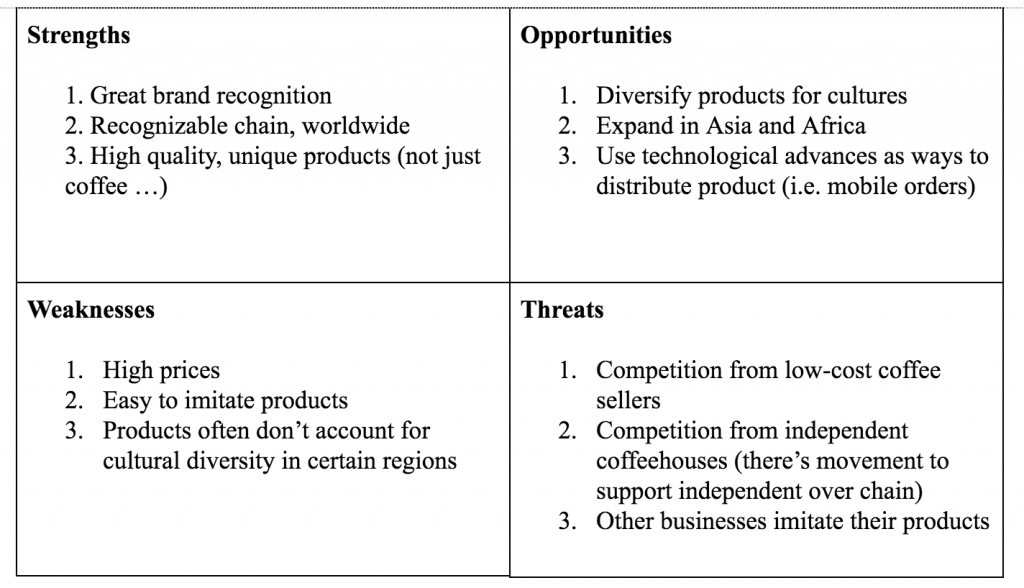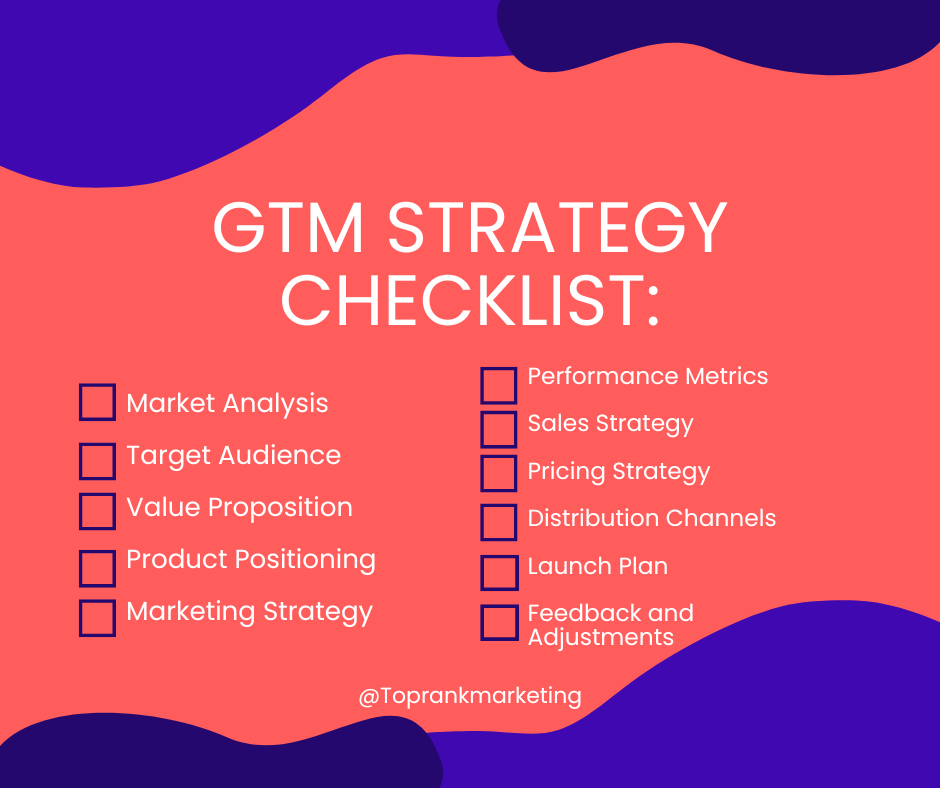What Is Strategic Marketing?

By fneedle@hubspot.com (Flori Needle)
Marketing is the actions you take to attract an audience to your business. You aim to get people interested in what you have to offer and share content with them to help them decide to do business with you.
However, since marketing helps you attract people to your business, it’s essential to know how to attract them, and even more so who the people are that you want to attract to begin with. Without this critical information, it will be challenging to be successful in your marketing processes.
The way you can get this information is through strategic marketing. In this post, we’ll define strategic marketing and explain the different phases of the process that will help you effectively market your business, attract customers, and drive revenue.
This process is beneficial as it helps you be more intentional with your marketing. You’ll be able to ensure that you’ve targeted the right audience, entered the right markets, and used the correct mediums.
You can think of it like this: strategic marketing is the butter you spread on toast. You can have plain toast as it is, but the butter enhances the flavor and makes it better. Strategic marketing ensures that your marketing campaigns are well-planned, effective, and shown to the right people.
Essentially, strategic marketing is the act of uncovering the information you’ll need to create an effective marketing plan and execute successful campaigns.
Strategic Marketing Process Phases
Given that strategic marketing directly influences many elements of your overall marketing strategy, it’s important to approach the process carefully. Below we’ll discuss the different phases of a strategic marketing process.
1. Planning Phase
The first stage of strategic marketing is the planning phase. It’s the most critical step, as it is the basis of your efforts. You’ll want to identify your business purpose, needs, and the goals and objectives you want to accomplish, as the entire process will help you achieve them.
Without this information, it will be challenging to progress to the next steps as you won’t understand the purpose behind your marketing efforts, which makes it even harder to create a solid plan that helps you succeed.
2. Analysis Phase
The analysis phase involves taking an outward look at how your company measures up to your competitors and your industry. During this stage, many businesses will conduct market research and competitor analyses.
Market research will give you an understanding of what your industry looks like, like current trends, market share, and an overall sense of the playing field. The information you discover should also validate your goals and objectives and let you know if they’re achievable. For example, if your overall business goal is to bring a new type of fork to market, but there is no industry or consumer demand for this new type of fork, your efforts won’t be worthwhile.
A competitor analysis will teach you the ins and outs of how your competition works, their position in the industry, …read more
Source:: HubSpot Blog









